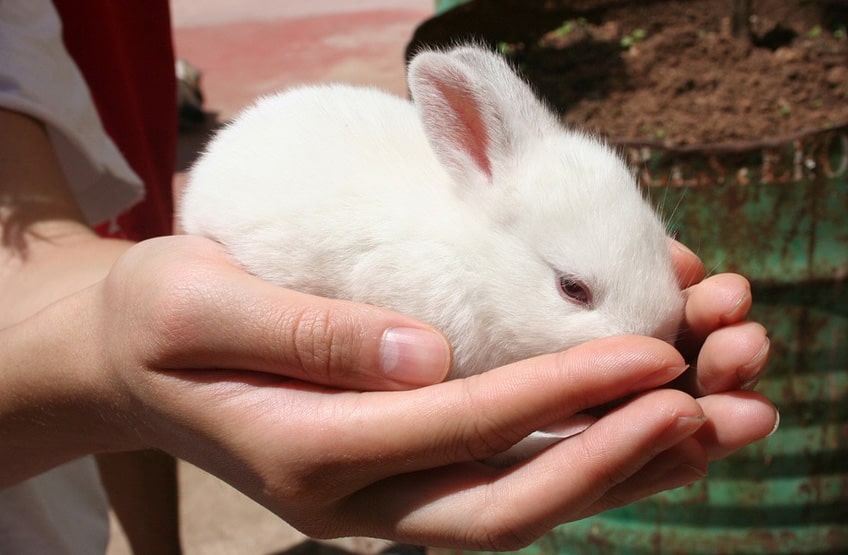
Caring for a Baby Bunny: A Comprehensive Guide
Introduction
Baby bunnies, also known as kits, are adorable and delicate creatures that require specialized care to thrive. Whether you have found an orphaned kit or have a litter of bunnies from a pet rabbit, providing proper nourishment, shelter, and medical attention is crucial for their well-being. This comprehensive guide will provide you with all the essential information you need to care for a baby bunny successfully.
Nutritional Needs
Milk:
- Baby bunnies rely solely on their mother’s milk for the first few weeks of life.
- If the mother is unavailable, you can provide them with kitten milk replacer (KMR), which is specially formulated for baby rabbits.
- Feed the kits every 2-3 hours, using a syringe or a bottle with a small nipple.
- Gradually increase the amount of milk as they grow.
Solid Food:
- Around 3-4 weeks of age, kits can start eating solid food.
- Offer them fresh hay, such as timothy or orchard grass, which is essential for their digestive health.
- Gradually introduce vegetables, such as romaine lettuce, carrots, and parsley.
- Avoid feeding them fruits, seeds, or nuts, as these can be harmful.
Water:
- Provide fresh water in a shallow dish at all times.
- Kits may not drink much water initially, but it is important to have it available.
Shelter and Bedding
- Baby bunnies need a warm and cozy place to sleep and hide.
- Create a nest box using a cardboard box or a plastic container with holes for ventilation.
- Line the box with soft bedding, such as fleece or shredded paper.
- Keep the nest box in a quiet and draft-free area.
Temperature and Humidity
- Baby bunnies are sensitive to temperature and humidity.
- Maintain a temperature of 85-95°F (29-35°C) for the first week of life.
- Gradually reduce the temperature to 70-80°F (21-27°C) as they grow.
- Humidity should be around 50-60%.
Health and Hygiene
Cleaning:
- Keep the nest box and bedding clean by changing it daily.
- Wipe the kits gently with a warm, damp cloth to remove any urine or feces.
Grooming:
- Baby bunnies do not require much grooming.
- Gently brush their fur with a soft brush to remove any loose hair.
Medical Care:
- Baby bunnies are prone to certain health issues, such as diarrhea, respiratory infections, and ear mites.
- Monitor them closely for any signs of illness, such as lethargy, sneezing, or discharge from the eyes or nose.
- Contact a veterinarian immediately if you suspect any health problems.
Socialization and Handling
- Baby bunnies are social animals and need interaction to develop properly.
- Handle them gently and regularly to socialize them.
- Avoid picking them up by their ears or legs.
- Supervise children when they are interacting with the kits.
Weaning
- Kits typically start weaning around 4-6 weeks of age.
- Gradually reduce the amount of milk you provide while increasing the amount of solid food.
- By 8-10 weeks of age, they should be fully weaned.
Litter Training
- Baby bunnies can be litter trained around 4-6 weeks of age.
- Place a litter box filled with shredded paper or cat litter in their enclosure.
- Show them the litter box and encourage them to use it.
Outdoor Enclosure
- Once the kits are fully weaned and old enough, you can provide them with an outdoor enclosure.
- The enclosure should be spacious, secure, and protected from predators.
- Provide them with shelter, food, water, and toys.
Conclusion
Caring for a baby bunny is a rewarding experience but requires patience, dedication, and knowledge. By following the guidelines outlined in this guide, you can provide your kit with the optimal care it needs to thrive and grow into a healthy and happy rabbit. Remember to monitor the kit closely, seek veterinary attention when necessary, and provide it with plenty of love and attention.
